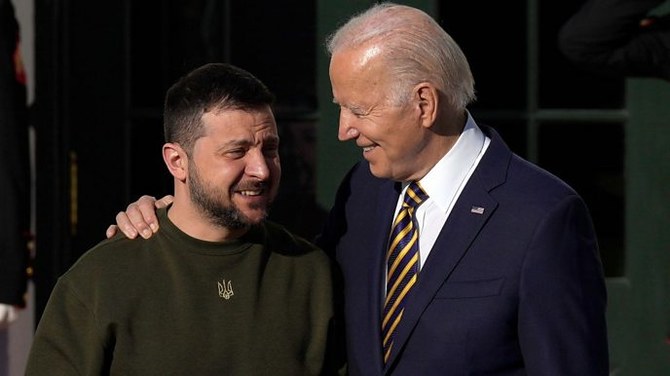
ichmond’s return to the Championship is a parable for the most challenging period rugby has faced. A club that do not have contracts with their players and whose priority is the organisation and everyone involved in it rather than the first team stood alone the last time they were first promoted to English rugby’s second tier three years ago. But their model is set to be copied by others as the financial impact of the coronavirus lockdown deepens.
“The finances of the Championship simply don’t work,” says Steve Hill, Richmond’s director of rugby for the past 10 years and first-team head coach. “With the cuts to it that will be made by the Rugby Football Union, more clubs will have to look at our model. Outside Ealing Trailfinders, who have a wealthy backer, virtually all are losing money and it cannot continue. You do not want clubs going out of existence but we are in danger of that happening as things stand.”
Richmond’s two-season fling in the Premiership ended in 1999 when their backer pulled out and they dropped to the bottom of the league pyramid. They are trading places with Yorkshire Carnegie, who survived last season at the expense of the south-west London club after parachuting in players to help them to avoid relegation. Yorkshire controversially retained their status after agreeing a company voluntary agreement with creditors, having piled up debts of more than £500,000. This season Yorkshire have lost all 14 league games, are set to leave Headingley and are reverting back to being called Leeds.
“I suppose it made our promotion doubly sweet,” Hill says. “The RFU told us Carnegie were going to be very competitive this season. We knew that would not be the case, but 12 months on we really enjoyed our season in National Division One, a cracking, incredibly competitive competition. We were not the favourites to win it, with some clubs paying a lot more than our match fees . The highest payers hit trouble and lost players, reinforcing my belief that rugby beneath the Premiership needs to be reset.
“More teams will have to become part-time. There is no other way if rugby is to become financially sustainable. All sports will have to consider how and where money is spent. If rugby goes back to the days when clubs invested in facilities, coaching and creating a really good social atmosphere, that will attract players because they will not be able to do so by offering money. Some of the amounts being offered at level four and below are ridiculous: a lot of that will now have to disappear, which will be a good thing.”
Like all clubs, Richmond have had to make adjustments as income all but stops but they have not had to furlough players who hold full-time jobs in spheres ranging from teaching and recruitment to carpentry and sourcing film locations for production companies. “We pay a match fee and it is the same whether you have played 150 matches for the club or are making your debut,” Hill says.
“There are no contract negotiations and no one talks about money when they are having a meal after a game. They have proper conversations and I do not envy rugby directors who have to pick certain players because they are on big money. I can say to any new player that if they are good enough, they will be in the team; it is a powerful recruitment tool and I would struggle to explain to someone why another player was worth twice as much as him. ”
Next season, Richmond will play Saracens for the first time in 21 years, the overspenders against the unsalaried. “It will be amazing,” Hill says. “It is the first question everyone asks me. There will be no pressure on us. When Bristol were last in the Championship, we were level 24-24 with them at half‑time at home. Pat Lam [the Bears’ director of rugby] was going ballistic in the stand. They pulled away in the second half but we showed we can compete and in our three seasons in the Championship, Bristol and London Irish were the only clubs we did not beat.
“I do not know how many of Saracens’ superstars will face us but anyone who plays for them is outstanding: their academy is second to none. It will be a fantastic occasion and we are looking forward to the away games at Cornish Pirates and Jersey, great weekends. We will stay over in Jersey and have a night out. We are not going to change as a club because we are in the Championship: ethos, environment and spirit are far more important than where your first team play.”
The lockdown means Hill cannot do any recruitment. “I like to meet someone face-to-face and see the whites of their eyes. What they are like as a person is more important than how good they are as a player. We don’t need many because I have faith in the players who got us there.” At least he does not have to deal with agents. “There is no need: 10% of not very much is even less.”











